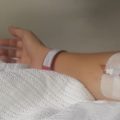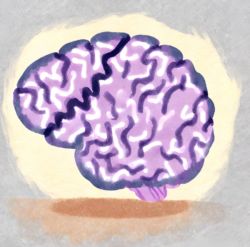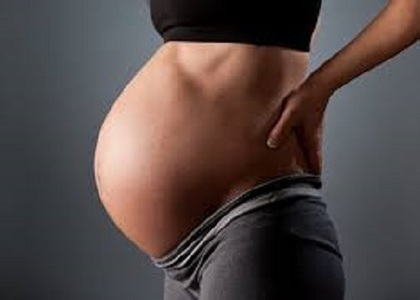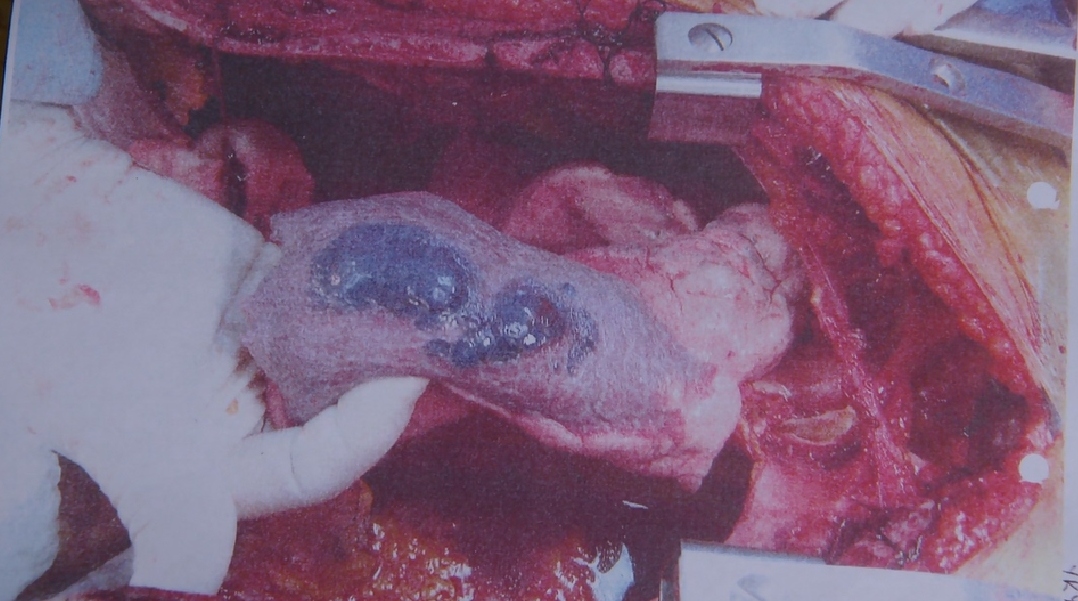I’m a 34 year old woman living in North Italy. I’ve had pelvic pain since my first period, which several doctors have stated is likely due to endometriosis. In trying to treat this pelvic pain, I was prescribed the birth control pill, which led to me having a transient ischemic attack (TIA).
Seeking Help for Endometriosis
In January 2012 I suffered from a strong pain around my left ovary and I decided to consult with a gynecologist. After a negative transvaginal ultrasound the doctor just prescribed some over-the-counter painkillers, telling me not to worry about my pain. I asked if it could be endometriosis (I had read an article about it and realized it explained all my pains) but he minimized it and told me again not to worry about it.
At first I felt reassured, but my pain was always there: pelvic pain, bowel pain, backache, and fatigue. In June 2014 I consulted with a gynecologist at a hospital in North Italy where there is a specialized centre for endometriosis. After a negative abdominal ultrasound they ordered a pelvic MRI, and suggested progestogenic therapy with Primolut Nor (Norethisterone Acetate).
The MRI was negative and since the hospital was far away from home and I wasn’t happy with the doctor I met, I decided to consult with another gynecologist in my town. In April 2015 the new doctor prescribed me a blood test: blood count, white blood cells, serum iron, folic acid, thyroid hormones, prolactin and CA125 (only the last two resulted slightly high). Then she prescribed me Primolut Nor, ¼ pill every day.
I asked her about possible side effects but she told me not to worry since the dosage was low. I started taking the progestin pill on June 9. After a few days I felt a strange feeling in my body, quite difficult to describe, but I felt like something wrong was going wrong inside me. My breasts were very sensitive, almost painful. My hair became thinner and started falling out especially around my ears. This stopped only after 6 months, during which a dermatologist prescribed me supplements and other hair products; psychologically it was a very difficult time.
Transient Ischemic Attack
On the fifth day, I suffered from a migraine with aura. Some days later I lost sensitivity in the 5th finger of my right foot; I had never experienced anything like that before, but I didn’t pay much attention to it. On June 25 my period started. In the evening I felt something like a pressure, a weight on my chest and some difficulty in breathing. I also had a strong headache, different from any one I had before.
The day after, in the morning, I started feeling strange, cold, weak and shivers in my body. Then suddenly I felt a sharp pain behind my right ear and I lost sensitivity in the right part of my face and in the right arm. I was very scared.
I phoned my gynecologist but she was busy. I called my family doctor and he told me to take aspirin during that day and stop taking Primolut Nor. After some hours the sensitivity slowly came back, but it took some days to feel normal again.
Thinking about it later I think I was very lucky and I should have gone to the hospital immediately but I didn’t understand the seriousness of the situation at that time. In the evening my gynecologist phoned me back, telling me to make an appointment to meet her.
We talked about what happened, and she told me I suffered from a transient ischemic attack, which is just like a stroke, where a blood clot blocks a blood vessel in the brain, except with a TIA that the blockage is temporary and goes away on its own. A TIA serves as a warning sign that a stroke is going to happen. My doctor thought that it was very strange because the dosage of the pill was so low, and that maybe it wasn’t the pill’s fault and that it could have happened even without the pill (this explanation really dissatisfied me). She said she couldn’t do anything more for me and suggested me to consult with a hospital in a nearby town, which deals with endometriosis.
Still Suffering with Endometriosis
In the meantime, my pain had become unbearable and present almost every day. I had also developed digestive difficulties. In August 2015 I met another new gynecologist. She did a transvaginal ultrasound which showed an irregularity in the uterus, probably adenomyosis, and another irregularity behind the uterus, probably an adherence with the bowel. But she explained to me that there’s no way to operate and cure the uterus of adenomyosis, except to do a hysterectomy. Because of my symptoms, she thinks I also suffer from endometriosis (like the other doctors said to me before).
She said it was too dangerous to try the pill again. She sent me for some tests, which I did during the past months: a new CA125 blood test, a pap test, a lower gastrointestinal series and a consult with a gastroenterologist (who prescribed me stool tests and celiac disease tests). She also sent me for a pelvic ultrasound, but despite the sharp pain I felt in some specific areas of my pelvis, it didn’t show anything. All these exams were negative.
Since last fall I’ve also started suffering from pain in my hips. The X-rays didn’t show anything and so my family doctor sent me for a MRI. While the hips looked normal on the MRI, it unexpectedly showed what seems an endometrioma cyst on my left ovary. I know it sounds strange to say, but this discovery has given me new hope. It finally shows that all the pain isn’t in my head (I never thought it was, but this is how I’ve often felt dealing with other people about my illness); and now that I’ve completed all the tests and I have to go back to the gynecologist, maybe this time some treatment could be discussed (maybe a laparoscopy?) and I will gain some relief. All aspects of my life are of course influenced by my health condition, but I don’t want to give up, even if year after year, exam after exam, I sometimes feel very stressed and weary.
Real Risk Study: Birth Control and Blood Clots
Lucine Health Sciences and Hormones Matter are conducting research to investigate the relationship between hormonal birth control and blood clots. If you or a loved one have suffered from a blood clot while using hormonal birth control, please consider participating. We are also looking for participants who have been using hormonal birth control for at least one year and have NOT had a blood clot, as well as women who have NEVER used hormonal birth control. For more information or to participate, click here.













